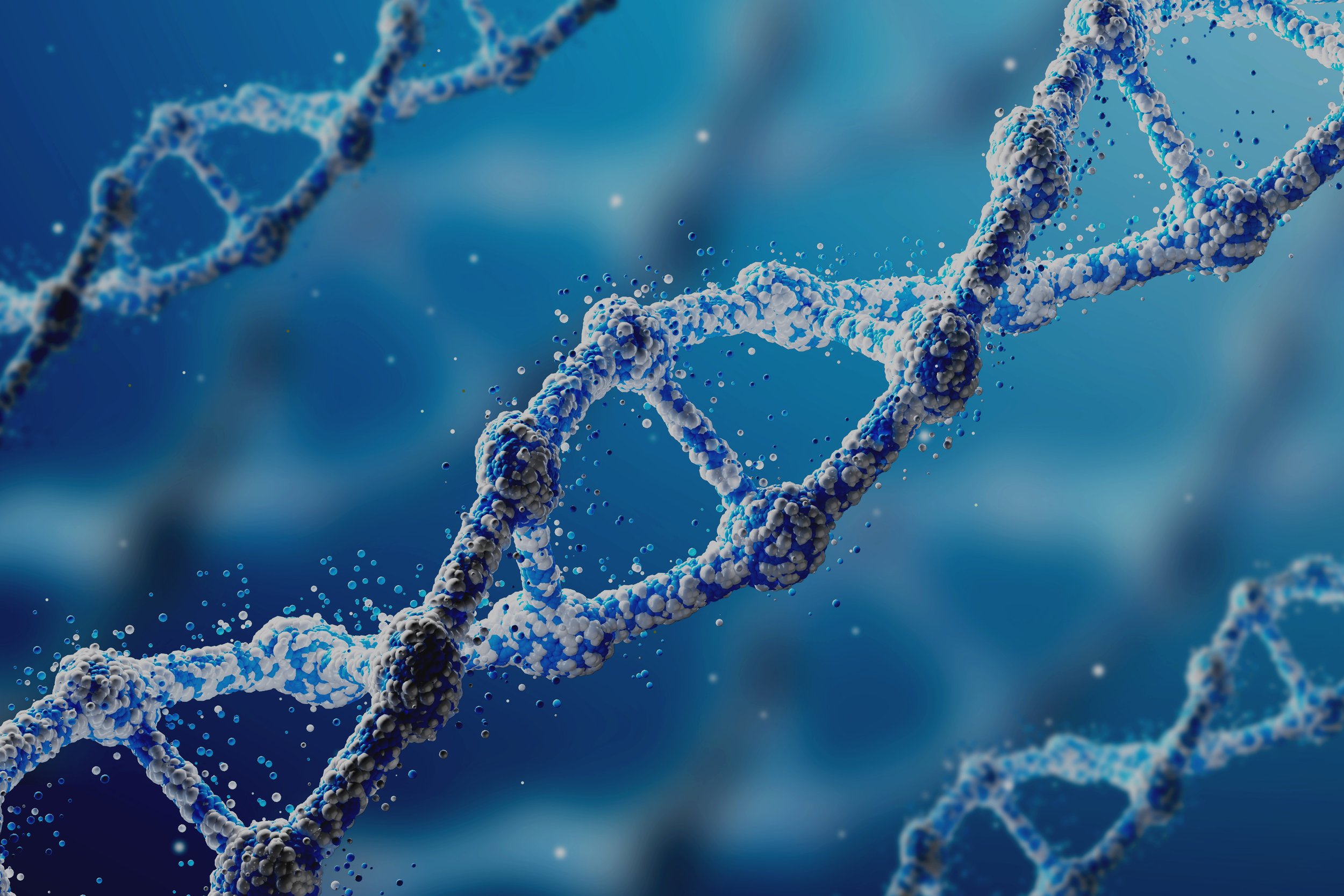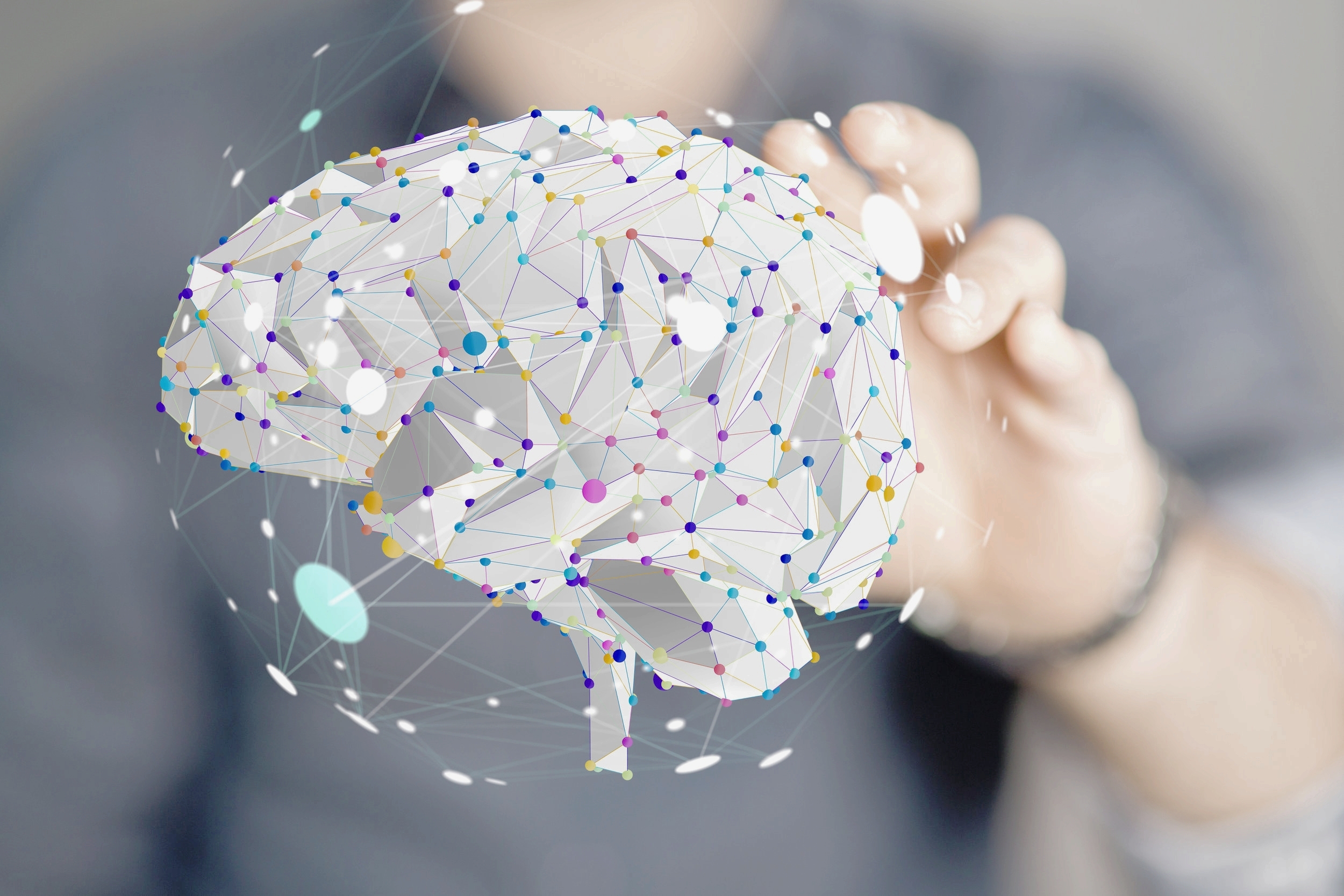
Human Cell Digital Clones
Drug R&D
A Human Cell Digital Clone Factory
At ThinkingNode Life Science, Inc., we tackle one of the critical challenges in drug R&D—the unreliable translation of preclinical animal testing to human outcomes. Over 115 million animals are used annually, raising costs, limiting outcomes, and causing ethical issues.
Based on a next-gen AI, KHAi.net™ (Self-organizing Macro-connectionist Agent Network), ThinkingNode has produced the most advanced mechanistic human digital cell simulations via a Digital Cell Differentiation™ process based on patient gene expression data. The result is highly unique, powerful cell simulations which are capable of predicting dynamic cellular responses in an unprecedented, scalable digital platform:
- Before any animal testing, it allows accurate model selection, compound ranking, lowering trial-error preclinical iterations—saving both time and cost.
- Combined with animal testing, it provides supplemental human-specific data to strengthen animal model results, ensuring robust IND-enabling preclinical submissions.
As the cell is the fundamental unit of biology, ThinkingNode can create value at multiple points throughout the entire drug R&D process, including clinical stages.
ThinkingNode's human digital clones have been successfully used for cancer and autoimmune disorders (IBD).
The first generation of KHAi.net™ was successfully used in Dr. Pham first AI company (acquired by Nasdaq: EPNY for $637M). The second generation has allowed the development of the Reference Human Cell Intelligent Model based on extensive knowledge bases characterizing cellular structure and function, and then further refined with gene expression data to produce specific human digital clones of interest by combining both data and deep domain knowledge.
“We’re thrilled to enter this collaboration to advance our oncology drug programs with ThinkingNodeLife.ai’s AI Digital Cell Clone Lab platform. Integrating AI-powered solutions into our research processes aligns with our aim to adopt smarter practices in our R&D, in order to broaden drug application to more cancer types and speed up the time it takes to bring new drugs to patients,” explained Bertrand Ducrey, CEO of Debiopharm.
Yo Suzuki, PHD / Associate Professor
J. CRAIG VENTER INSTITUTE, SYNTHETIC BIOLOGY - BIOENERGY GROUP
The Whole-Cell-Centric Approach For
Drug R&D
Developing drugs takes 10 years, costs $2.6 billion, and has a 5%-10% success rate — largely due to preclinical animal testing failing to translate to humans.
Beyond animal models: ThinkingNode focuses on patient biopsy, organoid, and tumor xenograft digital simulations to consolidate animal models. This can help drug R&D companies:
1) To better design their drugs by simulating the impacts of the off-targets and identify their side-effects on the whole-cell.
2) To rank their compounds for various indications.
3) To identify the best models for preclinical testing (cell lines, organoids, tumor xenografts).
4) To provide human whole-cell/biopsy simulation supplemental data to reinforce animal model results for the IND.
By simulating drug impacts directly on human biopsy samples, ThinkingNode empowers its biopharma customers to provide stronger preclinical studies and accelerate the transition to clinical trials. In the future, we believe that human digital clone simulations will be systematic for any drug R&D.
ThinkingNode whole-cell-centric approach brings a transformative shift for drug R&D.








